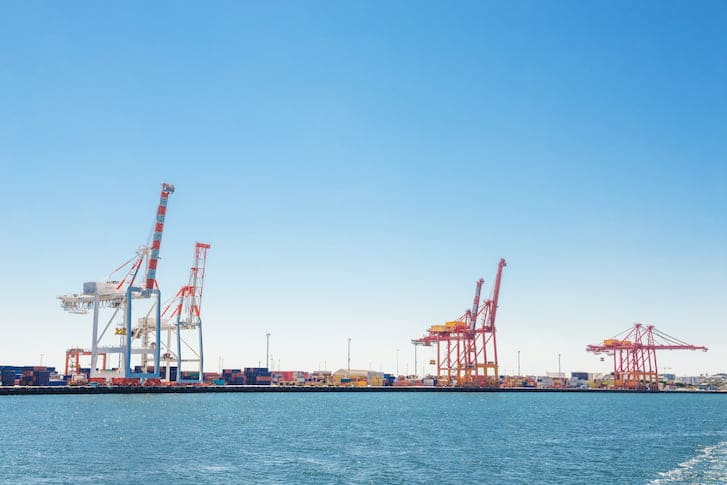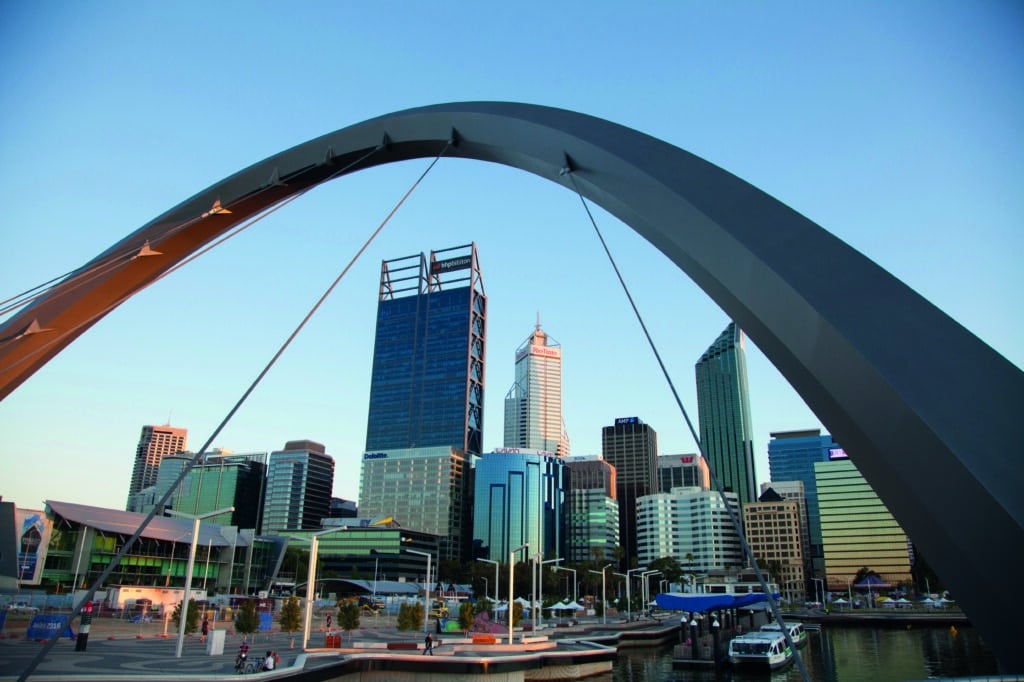 An ongoing industrial dispute at Fremantle Port is costing WA’s economy more than $10 million a week and threatening the stability of the State’s supply chains, CCIWA warns.
An ongoing industrial dispute at Fremantle Port is costing WA’s economy more than $10 million a week and threatening the stability of the State’s supply chains, CCIWA warns.
The dispute between global stevedore DP World and the Maritime Union of Australia (MUA) is causing significant disruption, with two-hour stoppages and a ban on staff overtime in place since November.
Similar industrial action is occurring at ports in Melbourne, Sydney and Brisbane.
The dispute is based on pay, rostering and the length of a new enterprise agreement.
DP World is Australia’s second-largest stevedore and is responsible for about 40% of activity at Fremantle Port.
It estimates the direct and indirect impact of the dispute is costing the WA economy $10.7m a week, including costs from delays, loss of fresh produce exports and flow-on effects to other industries.
“99% of international trade happens through Australia’s ports so any impact on port operations will have an impact across the economy, particularly for our farmers who rely on fresh produce being handled efficiently,” says CCIWA Chief Economist Aaron Morey.
“WA is also at the end of incoming global supply chains, so it poses a real risk for industries that rely on imports for the crucial components required to run their business, like vehicles, machinery parts, appliances, pharmaceuticals and fertilisers.”
DP World estimates it will take eight weeks to clear the backlog of around 6,000 containers currently sitting at Fremantle Port.
Government intervention required
CCIWA is calling on the State and Federal Governments to apply to the Fair Work Commission to intervene, on the basis that the dispute is damaging the Australian economy.
However, today Federal Workplace Relations Minister Tony Burke decided not to intervene. Morey says this is disappointing as the industrial dispute is of national importance.
“It has serious economic implications for our nation and it’s frustrating that Canberra is refusing to use its powers to intervene in a dispute that is such a huge threat to our supply chains and economic growth,” he says.
“The result of inaction is upward pressure on cost of living and significant damage to businesses across the nation.”
State Governments also have the power to refer matters like this to Fair Work Australia and CCIWA encourages the WA Government to do so to prevent the dispute at Fremantle from dragging on.
“It’s not ideal as the intervention should come from Canberra, but as the engine room of the national economy, WA just can’t afford for this dispute to run any longer,” he says.
Morey says the impact is compounded by escalating conflict in the Middle East causing global shipping disruptions and freight having to be diverted away from the Red Sea and Suez Canal shipping channels.
“Both of these challenges happening at the same time could cause a perfect storm for WA businesses who rely on shipping freight,” he says.
“As well as causing delays and disruption, there’s also the risk that prices will be driven up by the extra costs associated with getting goods into WA.
“This is the last thing WA consumers and businesses need.”
Scarred by supply chain challenges
CCIWA’s December Business Confidence report finds 63% of wholesale trade businesses in WA still see supply chain issues as a major barrier to growth.
Morey says businesses are still raw from the supply chain disruptions caused by the COVID-19 pandemic.
“We saw during the pandemic how fragile our supply chains are in WA and many of those supply chains are still recovering from the disruptions that started four years ago,” he says.
“Fremantle Port services the most isolated capital city in the world, so its importance to our State can’t be overstated.”
To be part of WA’s peak business organisation, get in touch via 1300 422 492 or [email protected].












